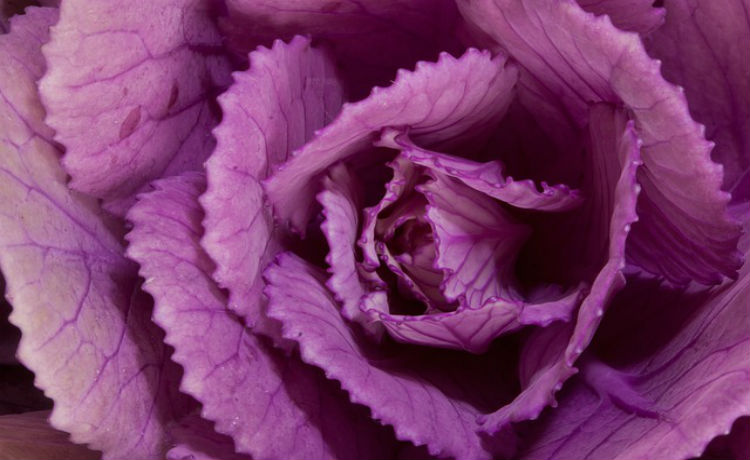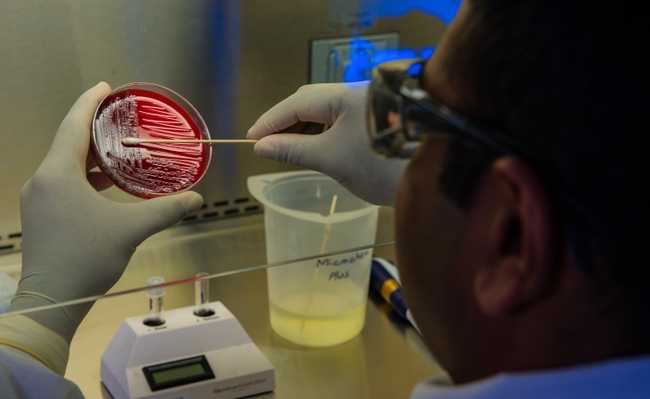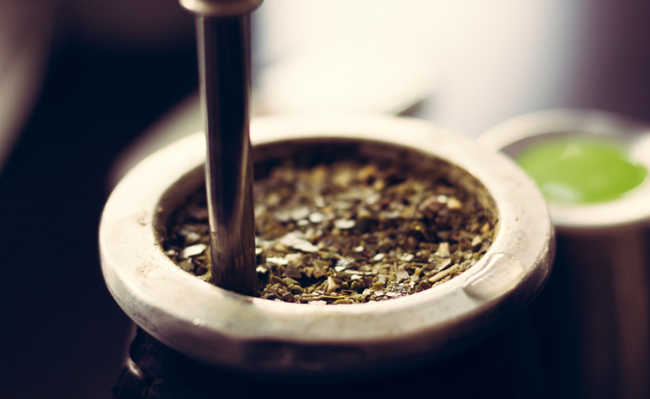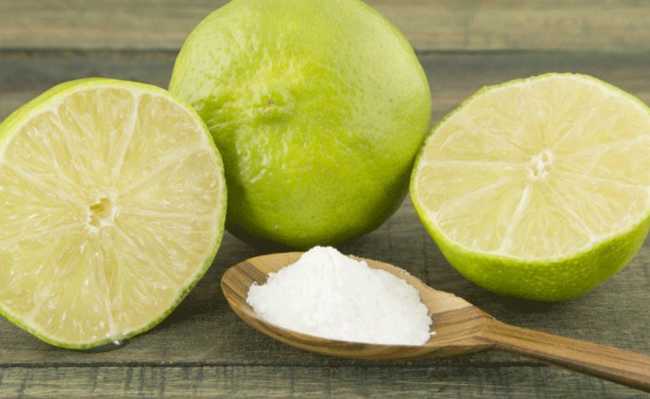Lavender tea: what it is for and proven benefits
Lavender tea is used to treat anxiety, insomnia, menstrual cramps and has benefits for the skin

Edited and resized image of Amy Treasure is available on Unsplash
Lavender tea is made from the infusion of purple buds of the plant. Lavandula angustifolia in hot water. It improves mood, promotes sleep, improves skin health, relieves menstrual cramps, among other benefits.
1. Good for anxiety and depression
Lavender is widely used in aromatherapy to improve anxiety, depression and fatigue. Studies suggest that compounds present in lavender may stimulate activity in certain areas of the brain and influence the transmission of impulses between brain cells, improving mood and producing a calming effect.
- 18 types of essential oil for anxiety
- Home-style and natural anxiety remedies
- We need to talk about eco-anxiety
Although lavender extract scent and lavender essential oil oral preparations have been shown to improve mood and calm the mind, it is not clear that lavender tea has the same benefits (see study on this: 1).
A study of 80 new mothers in Taiwan found that those who drank one cup (250 ml) of lavender tea a day for two weeks while taking time to enjoy the tea's aroma reported less fatigue and depression compared to those who did not smell the aroma or drink the lavender tea. However, there were similar reports of fatigue and depression between the two groups after four weeks, suggesting that the benefits are most helpful at the start.
2. It can increase sleep
There are no specific studies on the effect of lavender tea on sleep quality, but studies conducted with other lavender derivatives are promising. A study of 158 new mothers in the postpartum period found that women who deeply inhaled ten lavender fragrances four days a week for eight weeks had significantly better sleep quality than those in the placebo group.
Another study of 79 college students who reported sleep problems showed that practicing sleep hygiene and smelling lavender improved sleep quality. Based on these results, it's possible that relaxing with a cup of lavender tea before bed can help you sleep better. This can be especially true if you take the time to appreciate and smell the natural scent of this plant.
3. It can relieve menstrual cramps
Cramps in the lower abdomen before or during a menstrual cycle are a common problem among women. Lavender can be an ally in this regard.
A study of 200 young adult women in Iran found that smelling lavender for 30 minutes a day for the first three days of a menstrual cycle led to significantly less painful cramps after two months compared with the control group (5).
- What is menstruation?
Other research suggests that lavender essential oil massage also helps with menstrual cramps, but there have been no studies on lavender tea intake or supplements (6).
- Discover 12 types of massage and their benefits
Still, drinking lavender tea and enjoying its aroma can help, although more research is needed.
4. It can improve skin health
Some studies have shown that lavender essential oil has anti-inflammatory and antibacterial effects (see studies here: 7, 8, 9).
As a result, it is used in topical applications to help fight acne, improve inflammatory skin conditions such as psoriasis, and heal wounds or abrasions.
- 18 Home Remedy Options for Pimple
- The Top Seven Foods That Cause Pimples
A study in rats found that topical application of lavender essential oil every other day for 14 days significantly decreased the area of the wounds compared to the control group. This is mainly because the essential oil of lavender promotes the synthesis of structural protein collagen. These results suggest that certain forms of lavender can promote skin healing and collagen formation.
How to Make Lavender Tea and Precautions
While solid research on lavender tea is sparse, drinking a cup of lavender tea can be comforting and offer some benefits.
To make lavender tea, you can soak store-bought tea bags in hot water or brew your own. Pour a cup (250 ml) of water over 1/2 teaspoon of loose lavender buds and let steep for a few minutes.
As with most teas and herbs, there are some precautions to consider before drinking lavender tea.
There has been at least one case report of developing an abnormally fast heartbeat after consuming lavender tea (11).
In terms of lavender extracts, they are available in both oil and supplement forms. There are no standard doses for supplements and lavender oils should be used with caution. Lavender essential oil should not be ingested.
For topical use, mix a few drops of lavender essential oil with a carrier oil such as sesame or jojoba oil before rubbing into the skin. You can also take an allergy test to see how your skin reacts to the diluted lavender essential oil before using it more freely.
Do not apply undiluted lavender essential oil to the skin as this can cause irritation and inflammation.
To use lavender essential oil in aromatherapy, place a few drops on a cotton ball or tissue and inhale. You can also use an essential oil diffuser.
Due to its possible effects on the nervous system, seek medical advice before using any form of lavender if you have heart problems, underlying health problems, or taking medications.
It is not known whether lavender or tea oils are safe for pregnant and nursing women.
Text originally written by Lizzie Streit for Healthline and adapted to Portuguese by Stella Legnaioli










